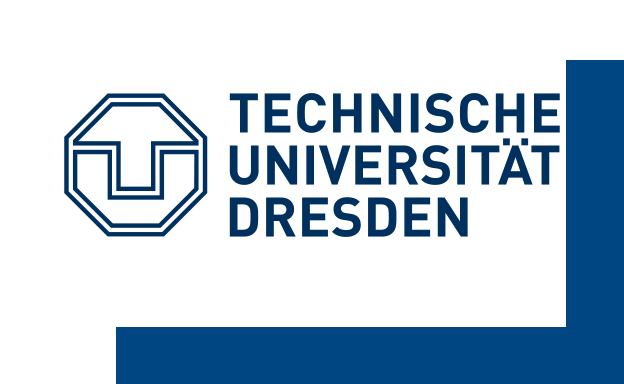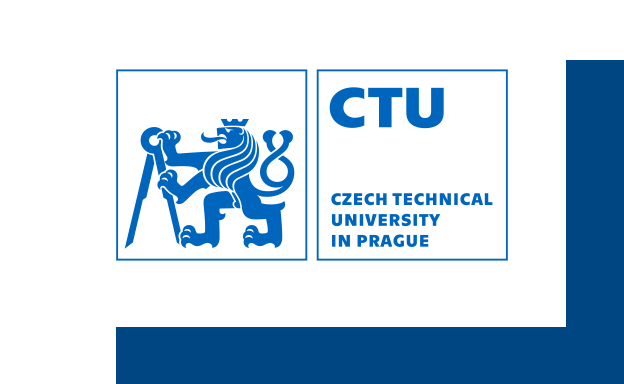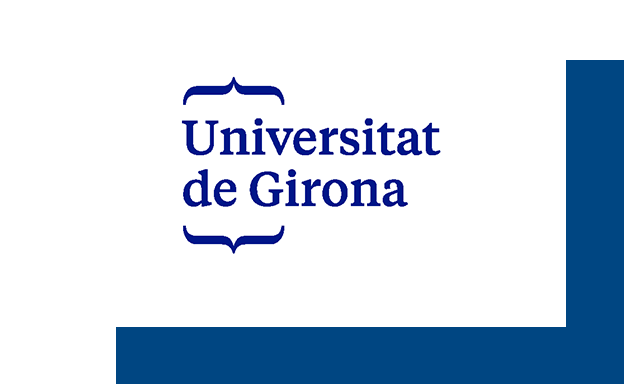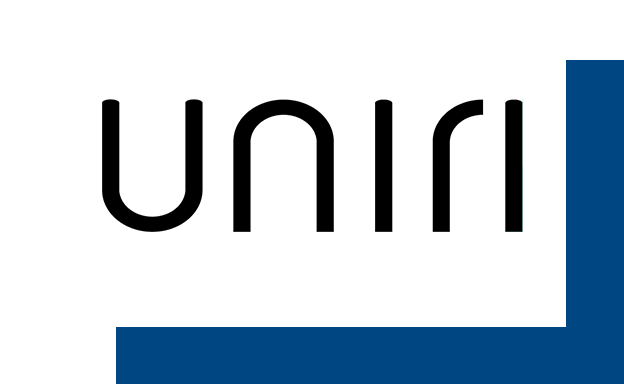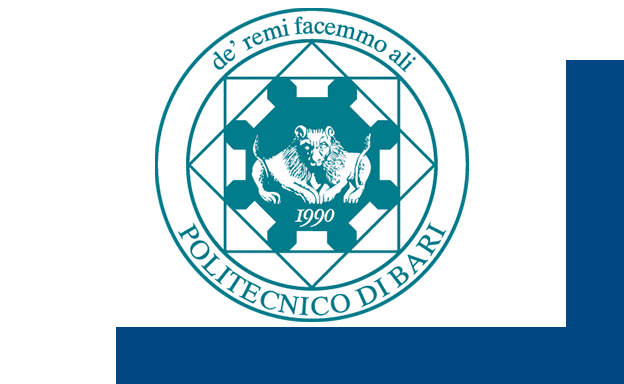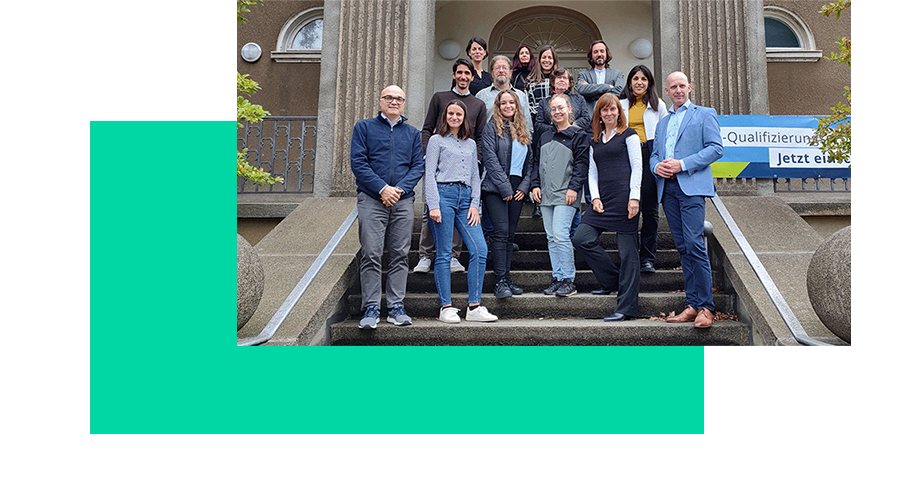
About us
Open GLASSroom brings together an international community of glass experts. The core team from six partner universities takes care of production, review and sharing of learning materials, in collaboration with students, teachers, researchers and professionals from the glass industry.
Partners
TU Dresden
Founded in 1828, TUD Dresden University of Technology has a history that stretches back nearly 200 years. With a wide range of subjects, our university plays an outstanding role in Germany’s university landscape. At TUD, science and engineering work together with the humanities, cultural and social sciences and medicine to find solutions to the greatest challenges of our time. As a partner of the DRESDEN-concept Science and Innovation Campus, TUD is also a member of a one-of-a-kind network of research and cultural institutions.
Open GLASSroom project is led by TU Dresden’s Institute of Building Construction from the Faculty of Civil Engineering.
TU Delft
Top education and research are at the heart of the oldest and largest technical university in the Netherlands. Our 8 faculties offer 16 bachelor’s and more than 30 master’s programmes. Our more than 25,000 students and 6,000 employees share a fascination for science, design and technology. Our common mission: impact for a better society.
In the Open GLASSroom project two TU Delft research groups are involved, namely the ReStruct Group from the Faculty of Architecture and the Built Environment and the Structural Design & Building Engineering Group from the Faculty of Civil Engineering & Geosciences.
CTU in Prague
CTU in Prague is one of the oldest technical universities in Europe, founded in 1707. It has eight faculties (civil, mechanical, electrical, nuclear and physical engineering, architecture, transport, biomedical engineering and information technology) and over 19,000 students, 3,600 academics and scientists. CTU has accredited more than 500-degree programmes in bachelor, master and Ph.D. studies. In addition, CTU has several other elements, such as University Centre for Energy Efficient Buildings, Czech Institute of Informatics, Robotics and Cybernetics, Institute of Experimental and Applied Physics and others.
The Open GLASSroom project is carried out at the Department of Steel and Timber Structures, Faculty of Civil Engineering.
University of Girona
University of Girona (UdG) is a Catalan public university with around 15000 students spread in 5 different campuses which cover studies in humanities and social sciences, education and psychology, health sciences, law, economics, biology and chemistry and technology and architecture. Research at the UdG mainly focuses on two strategic lines: (1) water science and management, and (2) tourism and sustainability. However, two of the largest groups are devoted to Underwater Robotics and Composite Materials.
The University of Girona has 12 research institutes and academic personnel in 24 departments and 107 research groups (58 in science, technology and health fields and 49 in the humanities and social sciences).
University of Rijeka
The University of Rijeka (UNIRI) was founded in 1973. With a total of 12 faculties, 1 academy and 3 departments, 13 specialized research centres and over 160 study programmes, it is a research, science, and education-oriented non-integrated university that has over 16000 students, over 1970 employees and almost 1200 researchers. UNIRI has extensive experience in managing EU projects through its Centre for EU projects, with many successfully implemented international and EU projects in a diversity of EU R&D programmes and funds.
The OpenGLASSroom project is carried out at the Faculty of Civil Engineering. The Faculty is an active and internationally recognised partner in promoting existing and creating new knowledge in the field of civil engineering and related scientific disciplines.
Politecnico di Bari
Polytechnic University of Bari (POLIBA) is an Italian public University offering scientific and technological programmes. POLIBA forms perspective architects, engineers and industrial designers and issues academic qualifications such as three-year Degree courses (I level), two-year Degree courses (II level), five-year Degree courses, Ph.D.’s as well as I and II level Postgraduate courses. POLIBA is constituted of 5 departments, 3 centres, 1 Phd School, and over 80 laboratories. Approximately 11,000 students are enrolled in the university campuses located in Bari, Foggia and Taranto.
Erasmus+ Team (2022 – 2026)

Jagoda Cupać, Phd
TU Delft
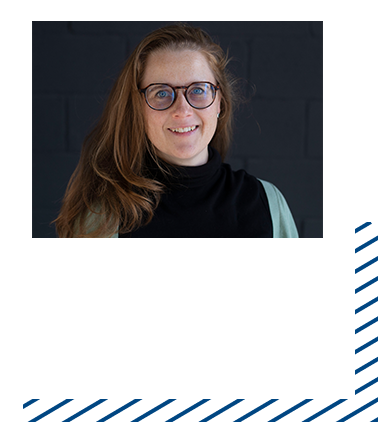
Aline Bergert
TU Dresden
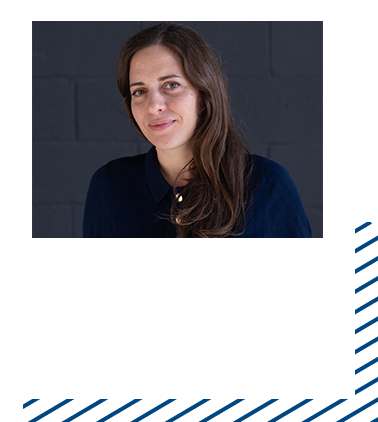
Dr. Faidra Oikonomopoulou
TU Delft

Prof. dr. ir. Christian Louter
TU Delft
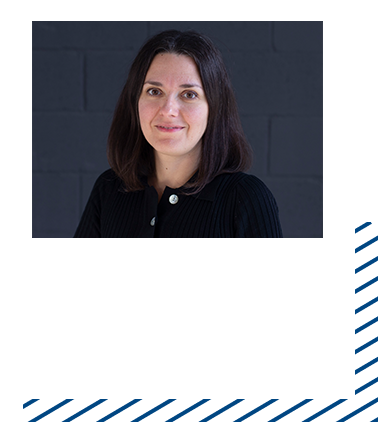
Dr. Telesilla Bristogianni
TU Delft
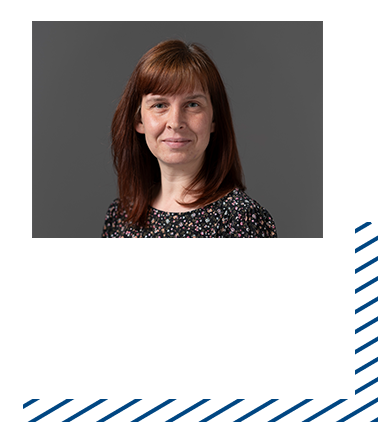
Christina Spirow
TU Dresden

Zdenek Sokol, Ph.D., CEng.
CTU in Prague

Menandros Ioannidis
TU Delft

Martina Eliasova, Prof., Ph.D., CEng.
CTU in Prague

Prof. Francesco Fiorito,CPEng PhD
Politecnico di Bari

Prof. Dr. Josep Costa
University of Girona
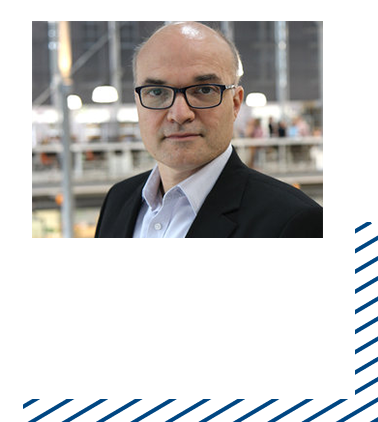
Prof. Dr. Mauro Overend
TU Delft

Prof. dr.sc. Adriana Bjelanović,
Civil Eng., MSc
University of Rijeka
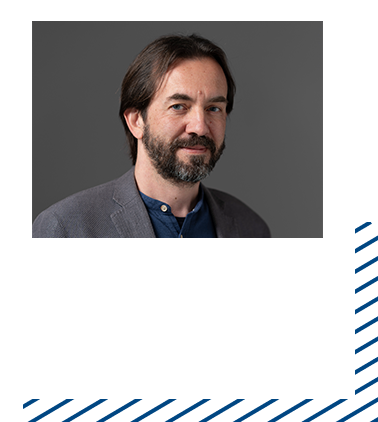
Dr. Ing. Daniel Trias
University of Girona

Eng. Ph.D Francesco Carlucci
Politecnico di Bari

Nebojša Buljan
University of Rijeka
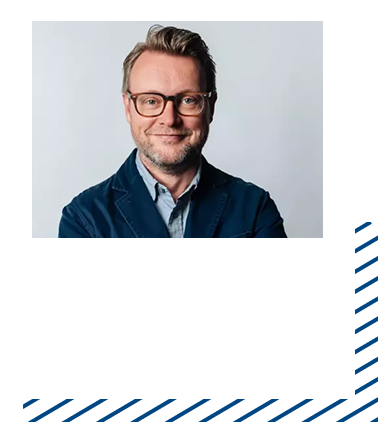
Prof. James O’Callaghan
TU Delft
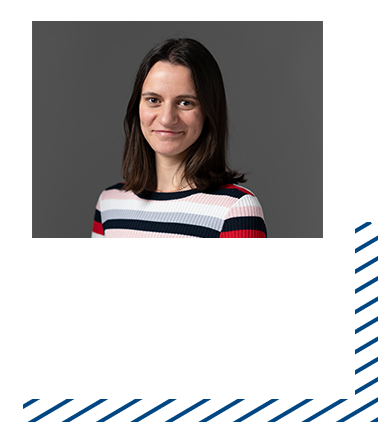
Angelica Rota
Politecnico di Bari
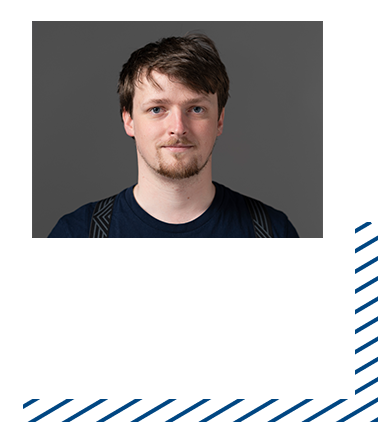
Jakub Mares, CEng.
CTU in Prague

Dr. Rebecca Hartwell
TU Delft
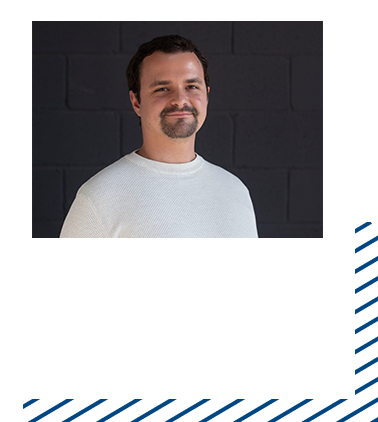
Georgi Nikolov
TU Delft

Melvin Müller
TU Dresden
Jakub Mares, CEng.Czech Technical University in Prague (CTU in Prague)
Jakub Mares is a Ph.D. student at the Faculty of Civil Engineering, Department of Steel and Timber Structures. He graduated with diploma thesis Simulation of delamination in composites based on a variational damage model. Current research is focused on transparent adhesive bonding glass to glass including numerical simulation, ageing and improvement of adhesion by plasma treatment. |
Competences
ContactEmail: jakub.mares.3@fsv.cvut.cz
|
Lisa BatzdorfDresden University of Technology (TU Dresden)
|
Competences
ContactEmail: lisa.batzdorf@tu-dresden.de |
Jakub Mares, CEng.Czech Technical University in Prague (CTU in Prague) About: Jakub Mares is a Ph.D. student at the Faculty of Civil Engineering, Department of Steel and Timber Structures. He graduated with diploma thesis Simulation of delamination in composites based on a variational damage model. Current research is focused on transparent adhesive bonding glass to glass including numerical simulation, ageing and improvement of adhesion by plasma treatment. |
Competences
ContactEmail: jakub.mares.3@fsv.cvut.cz
|
